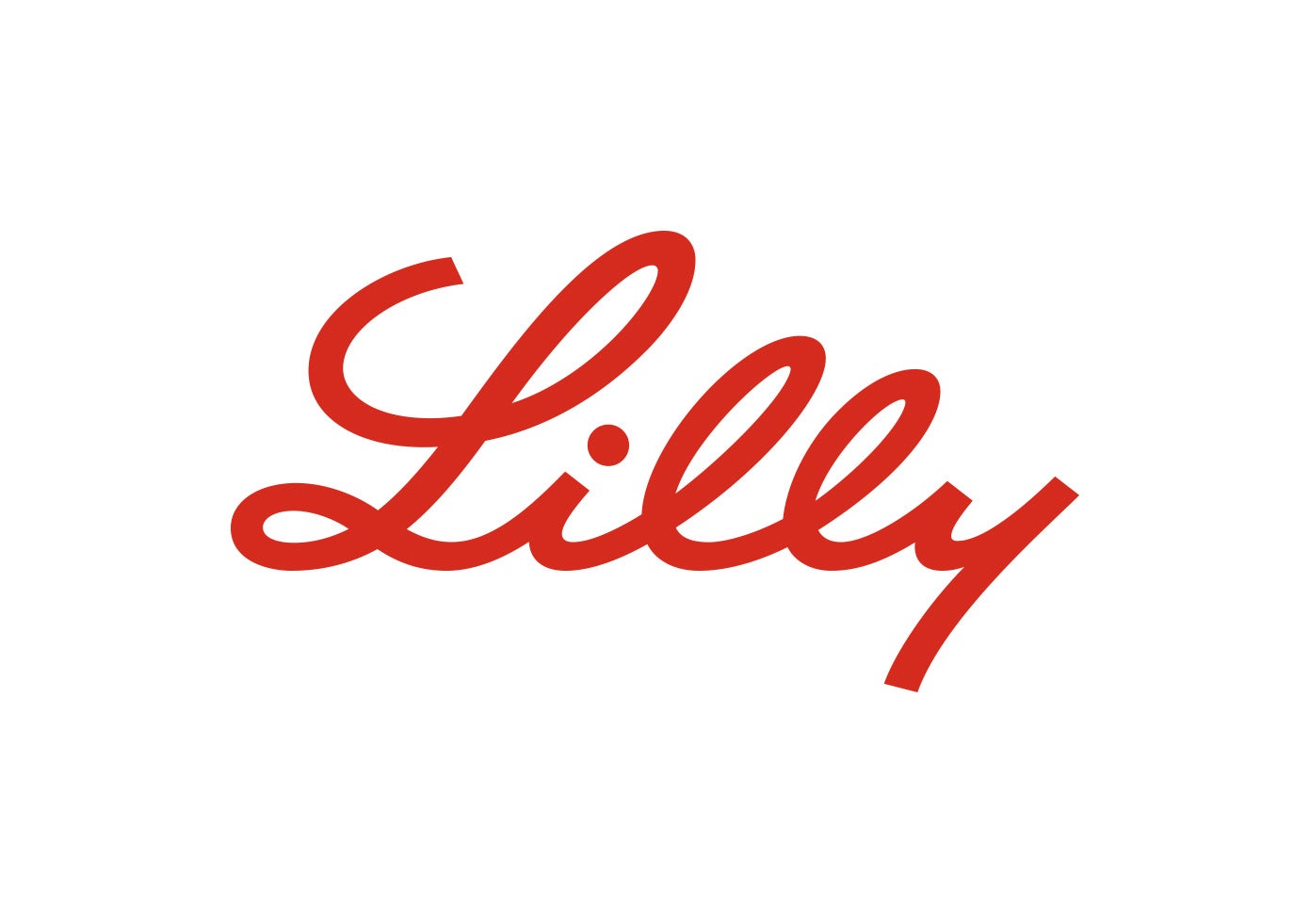
This article has been paid for and developed by Lilly.
This Dementia Action Week (13-19 May 2024), Hanna Svanbäck, neuroscience business unit director at pharmaceutical company Lilly, discusses inequalities in access to dementia diagnosis and care across the UK.
The crisis in dementia and Alzheimer’s disease
One in two of us will be impacted by dementia in our lifetime, either by developing dementia ourselves, caring for someone with it, or both. By 2040, 1.6 million people are predicted to be living with dementia in the UK and the total cost of care is set to nearly triple to £94.1bn. Yet there has been limited scientific progress until recent years. It is also stigmatised in society, seen by many as an inevitable part of ageing rather than the health crisis that it is.
Alzheimer’s disease, the most common type of dementia, is a debilitating and fatal neurodegenerative disease that robs people of their memories, independence, relationships and, ultimately, their futures. Despite being the leading cause of death in the UK, there is no appropriate or standardised pathway in the NHS for the diagnosis of Alzheimer’s disease, and one in three people will never receive a dementia diagnosis at all.
Driving a step change in early detection and diagnosis
A timely and accurate diagnosis, using specific biomarkers, is essential for people to participate in clinical trials, provide clarity and unlock access to vital care and support. A staggering 91 per cent of people affected by dementia see clear benefits of getting a diagnosis, but too many do not have access to this.
The UK needs to rapidly increase NHS capacity for diagnostics. England lags far behind the OECD average for MRI scanner provision and just 2 per cent of people can access recommended diagnostic tests like PET scans or lumbar punctures on the NHS, compared with an estimated 85 per cent in Sweden.
Taking action now to build awareness, develop a holistic pathway for patients and support healthcare systems to adapt could help revolutionise the management of Alzheimer’s disease for the benefit of people today and tomorrow. As the science continues to progress, diagnosis of Alzheimer’s disease at an early stage is critical. This means we need to pivot away from the current dementia diagnosis target, which is focused on overt dementia, to new metrics that capture the importance of early-stage disease. Brain health clinics are a new and promising way of ensuring timely diagnosis by engaging people earlier in the disease course, usually with mild cognitive impairment. For these to be effective in driving diagnosis and tackling inequalities, access must be equitable.
Blood-based biomarker tests also have the potential to diagnose patients earlier and greatly reduce the burden on the NHS of other diagnostic methods. The UK has a unique opportunity to lead the way to develop blood tests that can identify patients who either do or do not have Alzheimer’s disease through the recently announced UK clinical trials.
A call for action
I’m proud to work at Lilly, a company that is relentlessly pursuing innovation in areas of huge unmet need. For more than 35 years, Lilly has been driving scientific progress to improve outcomes for people affected by Alzheimer’s disease and to embark on partnerships to drive real change.
Collectively, if we get this right, we can understand the processes that lead to dementia and Alzheimer’s disease, deliver the best possible care, and ensure access to clinical trials for UK patients.
Now is our once-in-a-lifetime opportunity to change the reality for every person impacted by Alzheimer’s disease in the UK and make a timely and accurate diagnosis with equitable access to care the standard for all. We simply cannot afford to wait.
Job code: April 2024 PP-LN-GB-0078

